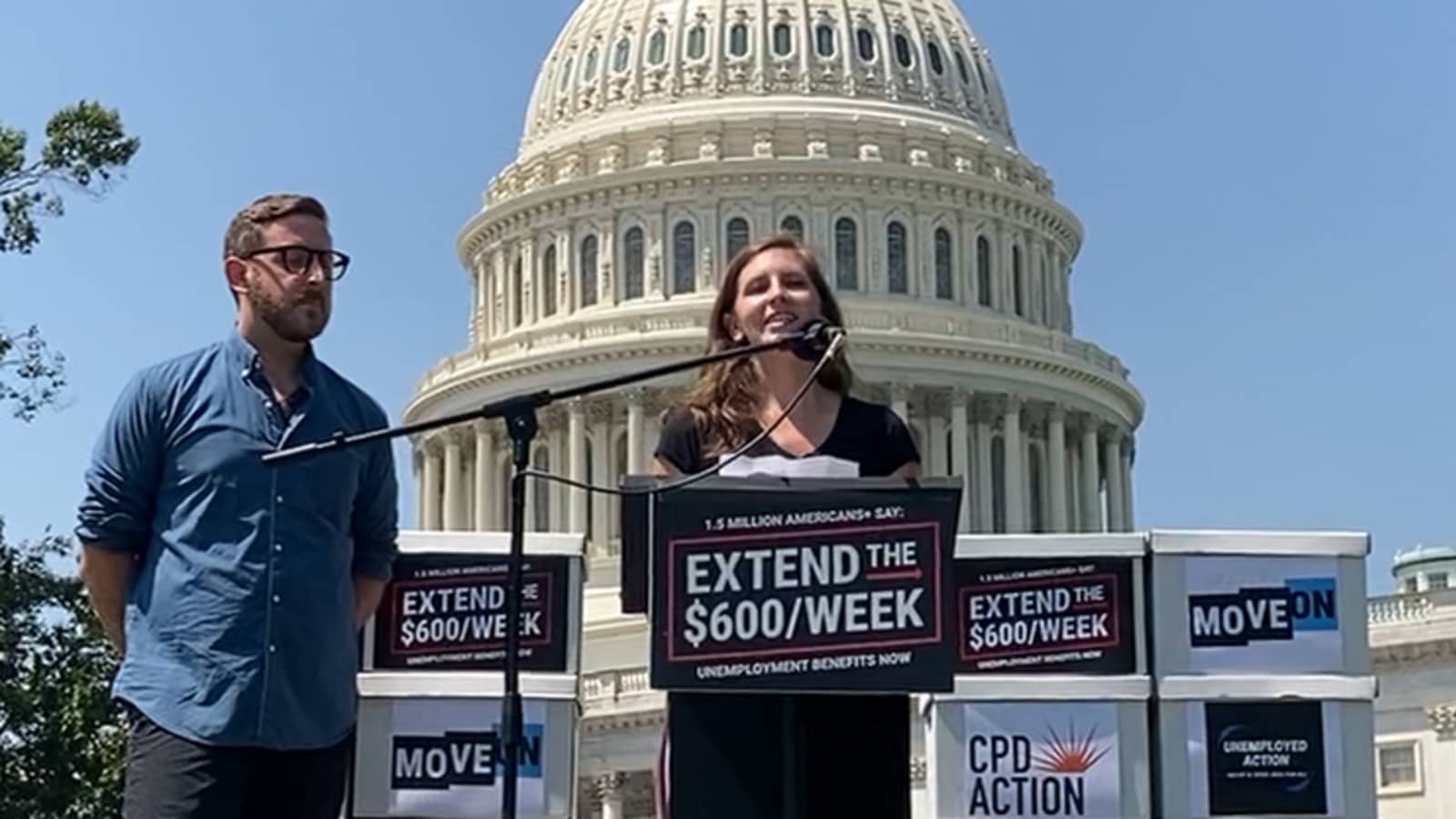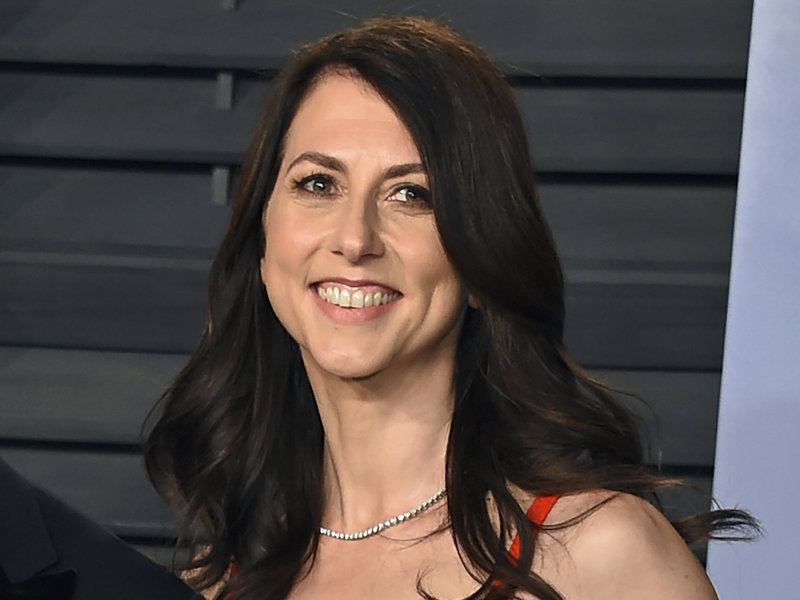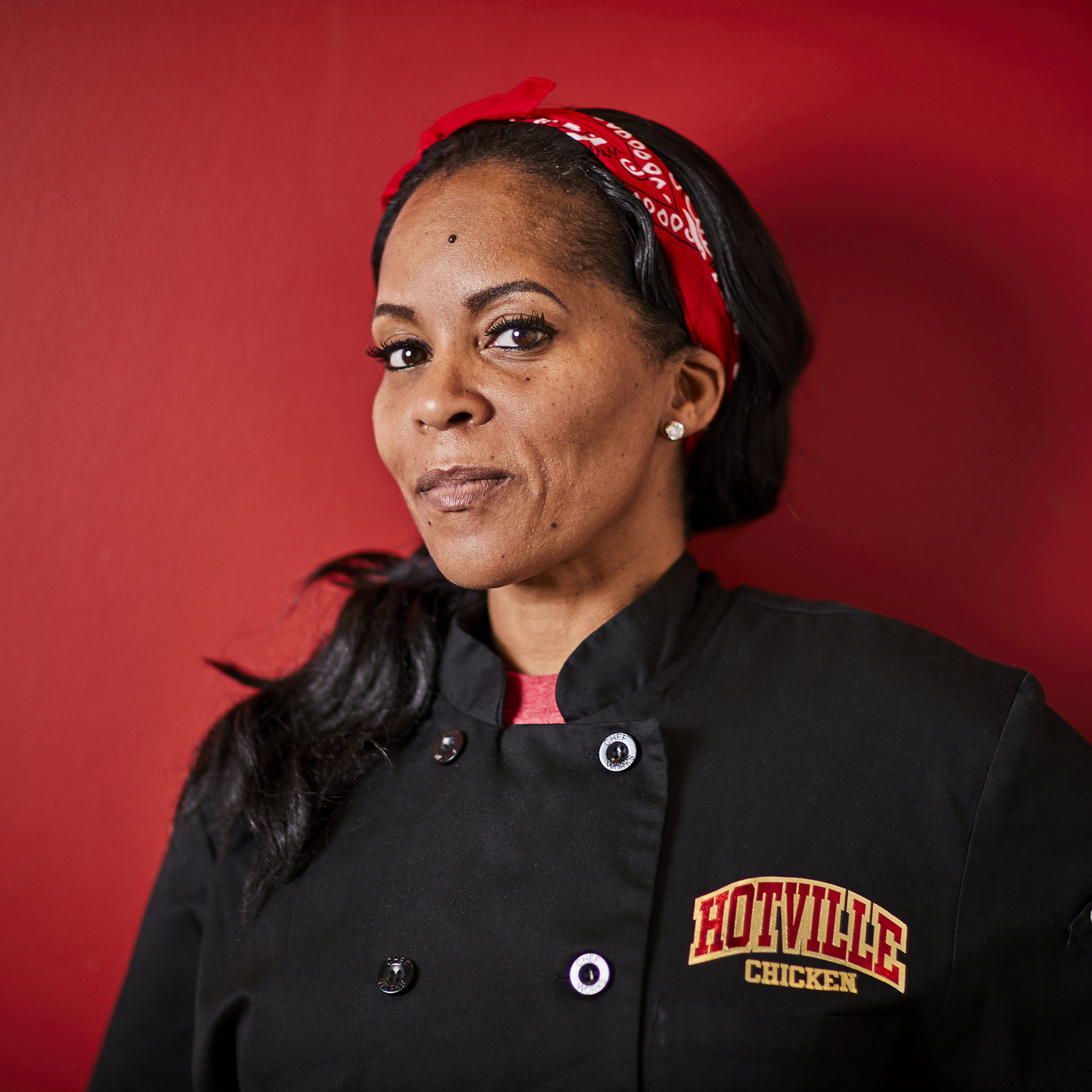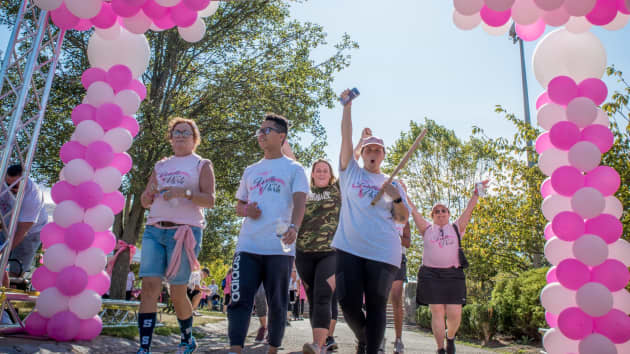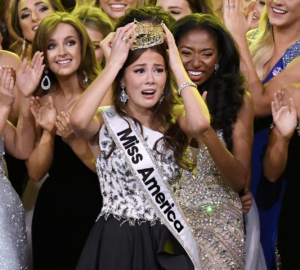Nonprofit Organizations For Recent Unemployment, MacKenzie Scott Gives $4.2 Billion More To Charity, Re:Her Launches Festival to Support Women-owned Restaurants, & Breast Cancer Nonprofits Feel the Effects of COVID-19
Numerous Nonprofit Organizations Arise Due to Recent Unemployment
By Ava Needleman
Due to the tragic outbreak of COVID-19 in March, unemployment rates are increasing rapidly. Currently, about 22 million Americans are receiving unemployment insurance, unable to secure work. Because so many individuals have lost their businesses, jobs, etc., many Americans are using their free time to give back to the people around them. While some businesses have felt the effects of the pandemic more than others, people around the country are coming together to volunteer and create non-profit organizations.
Buddy System, is one of the many non-profit organizations that was established within the last few months. The organization was founded by Kristen Guerin, Eric Trope, and Jessica Gutierrez to raise money to provide disadvantaged people access to food. The organization has about 800 volunteers and is growing rapidly every day. Other organizations are impacting the world for the better too. Non-profit organizations have formed to support COVID-19 relief and bring together communities during trying times. One non-profit, Project Hope, which has been around for quite some time, provides help and care for those in need. Whether it be a natural disaster or an illness, Project Hope is there to help. Recently, they began assisting healthcare workers and others who are greatly affected by the coronavirus. People who volunteer with these organizations are witnessing a life-changing experience. Even if they’re not making money, members are learning, meeting people, innovativing, while helping to improve the lives of those in need.
Although being laid off from work can be difficult, these individuals have put their free time to use for the greater good, demonstrating their desire to support those in need. As a result of coronavirus, many non-profit organizations have also been adversely affected, struggling to find volunteers and raise money. Ariel Lopez CEO of Knac, a hiring platform, states that volunteering “gives you a chance to really get clear on what your values are, what you care about” and “then hopefully it gives you an opportunity to figure out how to align your work with that.” As organizations become stronger, the people volunteering do too!
MacKenzie Scott Announces $4.2 Billion More in Charitable Giving
By Avery Heilbrunn
MacKenzie Scott is one of the world’s leading philanthropists,donating $6 billion of her fortune this year alone. Ms. Scott, an author who was once married to Jeff Bezos, donated $4.2 billion to 384 organizations. Low income communities are especially being affected by the pandemic so donations like Scotts are greatly appreciated.
Morgan State University, which is a historically Black University in Baltimore, announced that it had received $40 million from Scott. Furthermore in July, Ms. Scott announced that she had given $1.7 billion to Black universities as well as groups supporting women’s rights, LGBTQ+ ,and climate change.
Cuck Collins, a director of the Charity Reform Initiative at the Institute for Policy Studies, praised Scott for her generous donations. He made it very apparent that she’s disrupting the norms around billionaire philanthropy by moving quickly and not just creating a private foundation for her great-grandchildren to give the money away.
Re:Her Launches with Ten Day Food Festival to Support Women-owned Restaurants
By Natasha Gilman
The past few months have been detrimental to businesses throughout the country. Particularly, many restaurants have faced limiting COVID restrictions, leading to the loss of employees and the lack of steady business. Also, with many kids not in school due to COVID-19, many parents are faced with busy schedules, looking after their children while maintaining their business. Eager to talk about their experiences, Kim Prince, owner of Hotville Chicken, and eight other female restaurant owners held a virtual meetup. Faced with similar challenges, the group was inspired to create a non-profit organization to help L.A.’s women-owned restaurants.
The nine passionate restaurateurs, Kim Prince, Lien Ta, Sandra Cordero, Sylvie Gabriele, Bricia Lopez, Mary Sue Milliken, Dina Samson, Heather Sperling and Brittney Valles, are now board members of the non-profit organization Re:Her. Eager to spread awareness for their organization and gain support, Re:Her launched their cause with a ten day food festival on January 21. The festival featured many well known restaurants as well as smaller restaurants that are in need of support and business. Along with the chance to spur business and aid suffering restaurants, there is also a charity component to the festival. Working towards a $500,000 goal, donations continue to be taken to create a grant program. The grant program will allow female restaurant owners in L.A. access to help that could lessen any COVID related burdens.
Now more than ever we must look for ways to come together as a community to lessen the hardships of those in need. Due to COVID-19, many organizations have arisen and its our job to support these causes that help our community. Even small donations are greatly appreciated and can make a difference. If you are looking for a way to help your community, find a charity you are interested in and consider donating!
Breast Cancer Nonprofits Feel the Effects of COVID-19
By Avery Smith
The coronavirus has devastated small businesses and charities. Breast cancer nonprofits have lost a substantial amount of funding and support. October is Breast Cancer Awareness Month, and in previous years, the month had been full of galas, walks, and many other fundraising events. COVID-19 pushed these events online or in some cases cancelled them completely. Nonprofits rely on funds from these events, and without them they are struggling. Along with the cancellation of events, corporate donations have also slowed, as according to Michael Nathanson, chairman and CEO of a wealth and management group,
“Many companies are in a defensive posture right now.”
Susan G. Komen, one of the largest breast cancer nonprofits, explained their struggles in an interview with CNBC. In the interview, author Michele Fox noted, “soon after the pandemic hit, the organization decided to bring its 60 field offices into its national organization to form a single entity. The result was a 23% reduction in staff. Remaining employees are all virtual, which will help bring down real estate costs.” Susan G. Komen’s spring walks, which raise a large portion of their funds, were pushed back to the fall, and eventually became virtual events. With virtual events, motivation to participate in these activities is minimized, ultimately reducing the amount of donations. Both small and large non-profit organizations are in danger of becoming extinct.
It is also important to mention the negative effects the virus has on the daily lives of breast cancer patients and survivors. Founder of Minette’s Angels, a breast cancer based charity, Kenneth Mckenna, explained, “we are seeing greater need, people who are struggling, emotionally and financially.” What is happening with breast cancer organizations is indicative of what’s happening with all nonprofits. In order for nonprofits to survive during these unprecedented times, they need to adapt to virtual fundraising, and find new ways to spur more engagement with donors who are willing to help.





